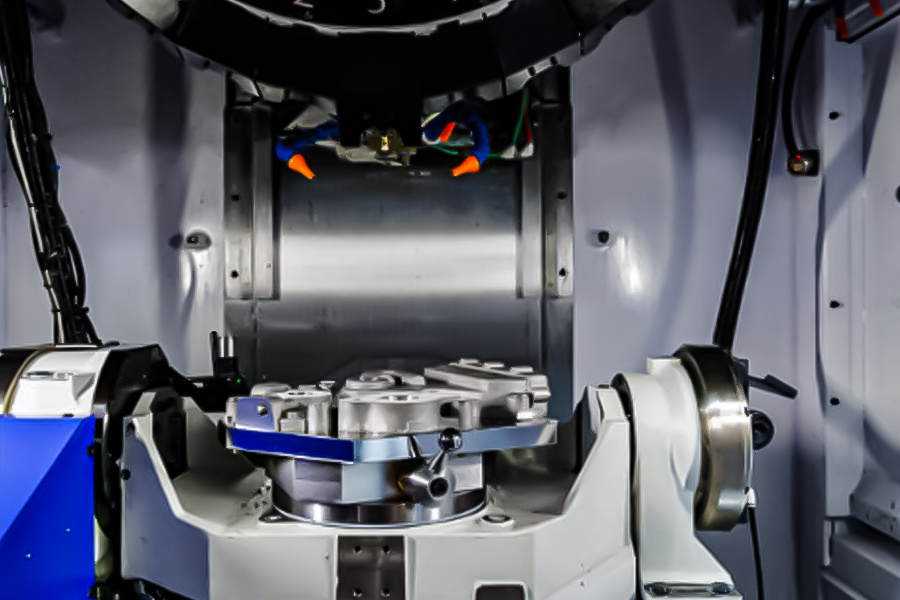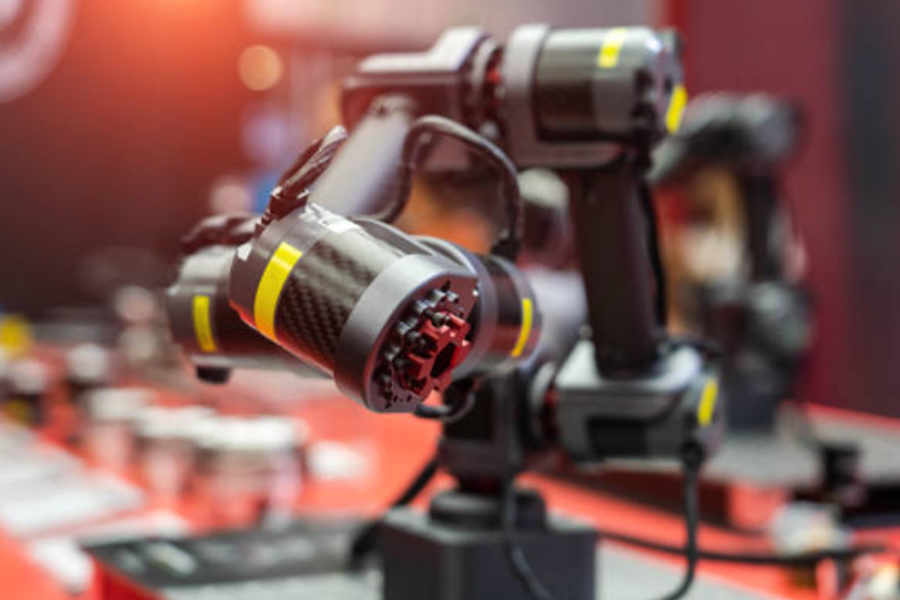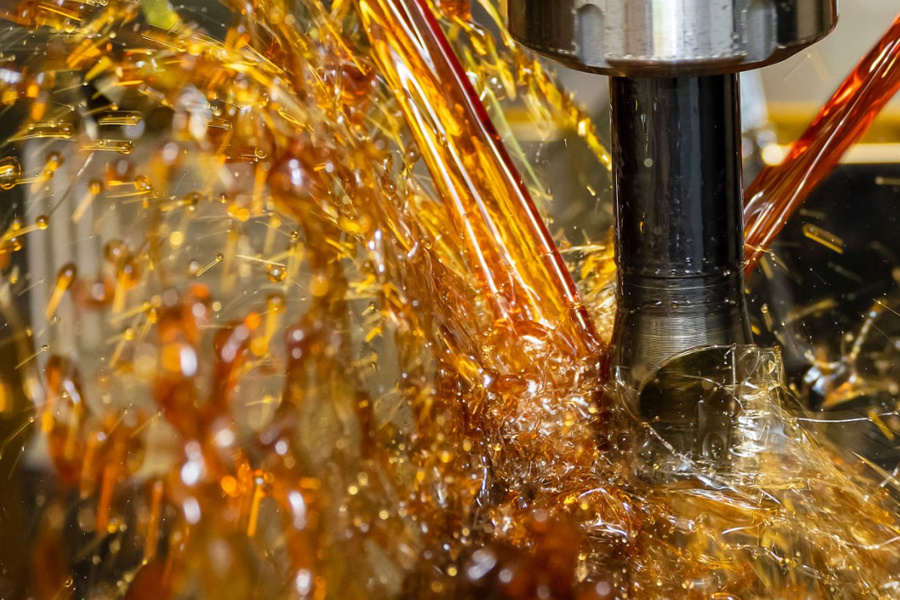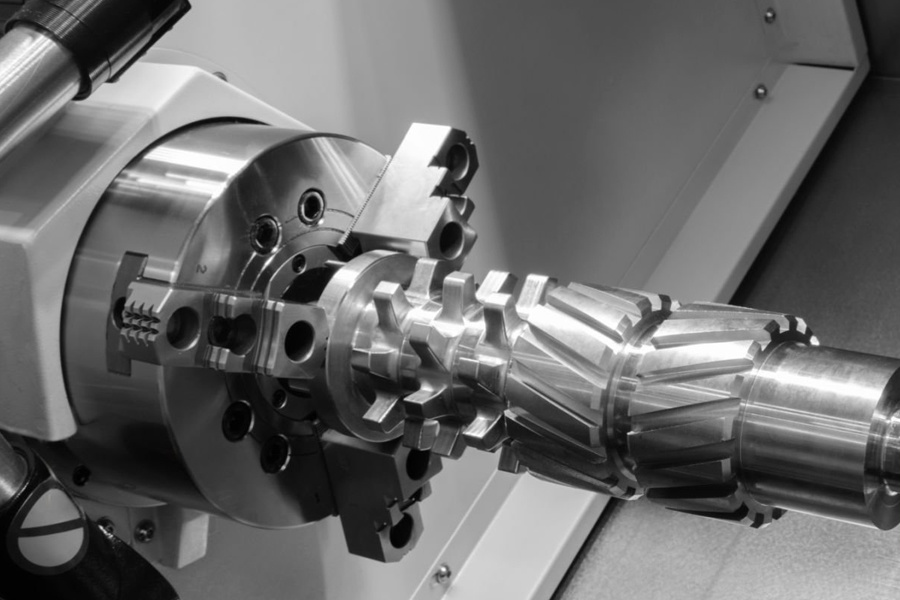New Energy Vehicle Battery: Principle and Application of Gas-Liquid Separator
Release time:
2025-02-10
Stainless steel gas-liquid separator for fuel cell vehicles, made by precision machining and welding, with efficient gas-liquid separation, improves the stability of the fuel cell system. Zhuhai Baiwei Machinery provides high-performance solutions for new energy vehicles with technological innovation and promotes the development of green transportation.
A fuel cell vehicle (FCV) is a vehicle that uses electricity generated by an on-board fuel cell device as a power source. The fuel used by the on-board fuel cell device is high-purity hydrogen or high-hydrogen reformed gas obtained by reforming hydrogen-containing fuel. Compared with traditional vehicles, it not only has better strength in structure and power transmission, but is also more environmentally friendly and green.
In the fuel cell system of new energy vehicles, in addition to key components such as fuel cell reactors, batteries, hydrogen tanks, and electric motors, it also includes some auxiliary components, such as stainless steel gas-liquid separators. Stainless steel gas-liquid separators, also known as low-pressure liquid reservoirs, are mainly used in fuel cell systems to filter out liquid water generated in the humidified medium, prevent liquid water from directly entering the fuel cell core, and avoid flooding of the proton exchange membrane, thereby affecting battery performance and service life.

Precision manufacturing: the core technology of stainless steel gas-liquid separators
The manufacturing process of stainless steel gas-liquid separators requires extremely high process precision, involving the combination of precision machining and advanced welding technology. Taking model T8814.004-88-000-02 as an example, its core structure (such as housing and interface flange) needs to be formed by CNC milling to ensure that the dimensional tolerance is controlled within ±0.01mm, so as to meet the high matching requirements of complex flow channels and sealing surfaces. The manufacturing material is SUS304 stainless steel with excellent corrosion resistance. After precision turning by CNC lathe, the components are integrated through laser welding process to finally form a multi-layer stainless steel wire mesh filter element structure. This design uses the principle of inertial collision to efficiently capture droplets or solid particles in the gas, achieving a gas-liquid separation efficiency of more than 99%.
In order to improve product reliability, multiple strict processes need to be performed during the manufacturing process:
- Precision machining optimization: Use five-axis linkage CNC equipment to process special-shaped cavities to ensure the fluid dynamics performance of the gas-liquid separation flow channel;
- Surface treatment: Reduce surface roughness (Ra≤0.4μm) and reduce medium flow resistance through electrolytic polishing or natural anodizing process;
- Quality inspection: Use helium mass spectrometer leak detector, three-coordinate measuring instrument and other equipment to verify sealing and dimensional accuracy to ensure that each product meets ISO 9001 standards.

Technology empowerment: Precision manufacturing helps fuel cell system upgrade
As a professional precision parts manufacturer, Baiwei Machinery Equipment Co., Ltd. provides high-performance gas-liquid separator solutions for the fuel cell industry with its deep experience in precision machining and CNC milling. In the production of T8814.004-88-000-02, the company strengthened its product competitiveness through the following technological innovations:
- Complex structure integrated molding: using multi-process CNC programming technology to achieve efficient processing of components such as housings and filter element brackets, and reduce assembly errors;
- Welding process upgrade: pulse TIG welding is used with an automatic wire feeding system to ensure that the weld strength is consistent with the parent material and pass the 30MPa pressure cycle test;
- Full life cycle management: from raw material cutting to finished product packaging, digital traceability throughout the process to ensure batch consistency.
Through the above technical integration, Baiwei Machinery's products not only significantly improve the stability of the fuel cell system, but also help the new energy vehicle industry break through the efficiency bottleneck.
From the millimeter-level precision control of CNC milling to the extreme sealing performance given by precision machining, stainless steel gas-liquid separators have become one of the core guarantees for the efficient operation of fuel cell vehicles. Zhuhai Baiwei Machinery continues to provide high-reliability solutions for ultra-high voltage accessories and new energy fields with deep technology and process innovation, and promote green transportation towards a more sustainable future.
Related Products
CNC machining multi-axis linkage accurately processes tooth profile and journal size
CNC machining technology plays a core role in the machining of precision gears and shaft parts, achieving high-precision micron-level precision, significantly improving the wear resistance and fatigue resistance of parts, and ensuring the stable operation and high quality of the transmission system. In modern industrial manufacturing, its application in automobile manufacturing, precision instruments, industrial equipment and other fields has significantly improved the overall quality.
2025-06-28
Automotive precision parts processing: Use high-precision gears to drive the future of new energy
The development of new energy vehicles has put forward higher requirements for the precision of parts. The breakthrough of micron-level manufacturing technology has laid the foundation for the stable operation of the power system. High-precision gears are innovatively applied in the energy conversion system of new energy vehicles, which reduces friction loss, improves transmission efficiency and prolongs gear life.
2025-06-18
The manufacturing process of precision accessories in modern medical equipment, especially the use of core processing technologies such as CNC turning and laser micro-welding to achieve precise manufacturing in complex medical scenarios. These technologies not only require precise dimensional control, but also must meet biocompatibility and long-term stability.
2025-06-14
Five-axis machining centers have gradually become the core equipment for the manufacture of complex parts due to their multi-dimensional dynamic machining capabilities. Compared with four-axis equipment, five-axis machining centers significantly improve the machining accuracy and surface quality of special-shaped structural parts through multi-angle synchronous cutting, shortening the production cycle.
2025-06-11












